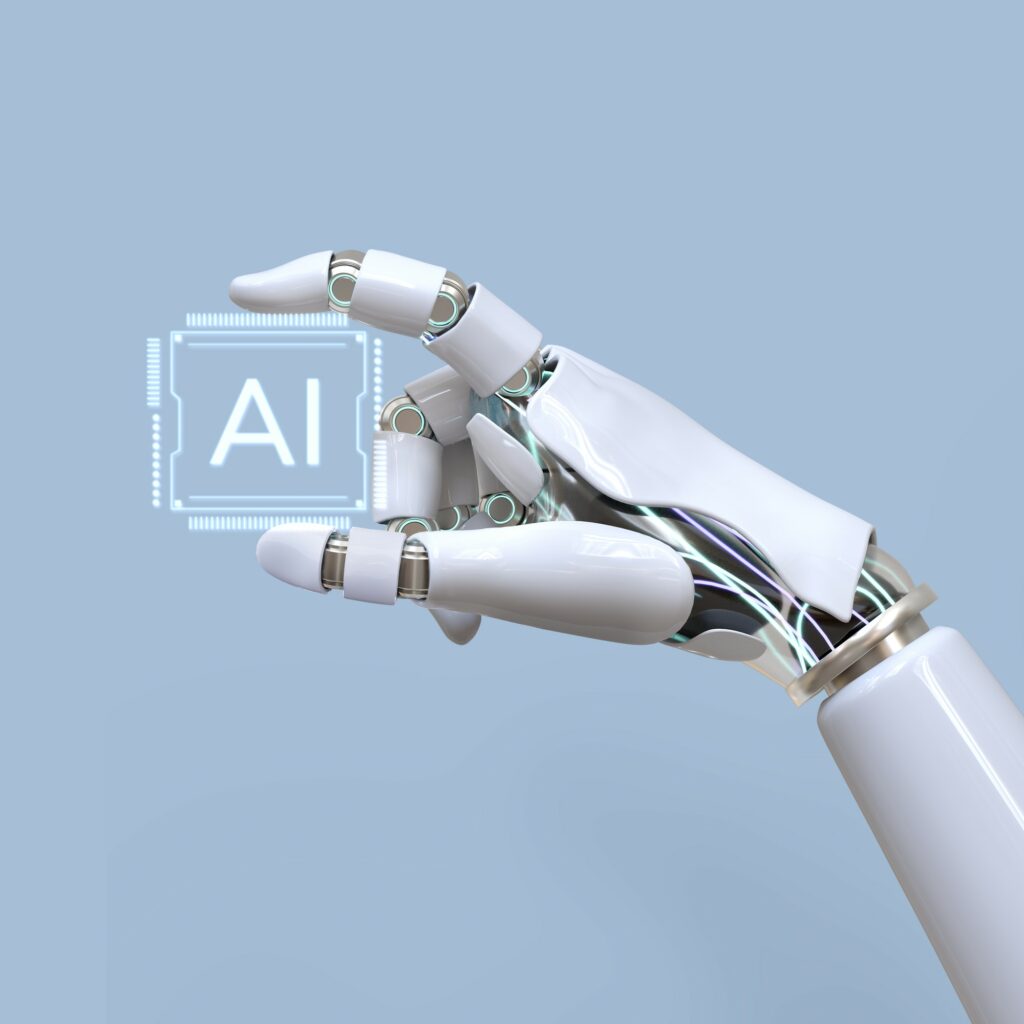THE REAL SMART ALEX
In the early 1970s, my family had our first telephone installed at home. As an 8-year-old, I was utterly amazed – not by being able to call someone – although I did think that was pretty cool – as I had no real person to call, but I could call a toll-free number, and a voice on the other end would tell me the time. It felt like a big deal back then, a simple yet incredible use of technology that fascinated me. I remember it clearly it went “ When you hear the beep it will be XXX”. I felt connected to that voice.
Fast forward to today, and I have Alexa. Alexa isn’t just about telling the time; she’s a device created by Amazon that serves as a virtual assistant capable of so much more. It feels like it’s everywhere in Europe, and as common in the home as a light switch. From playing my favourite songs, to controlling the lights, and even answering questions about the universe. Alexa has become an integral part of our household. It’s become so ingrained that my children continually engage and casually, when walking past her, ask Alexa to show them a picture, tell them a story and yes, they even used to find it hilarious to ask her to make funny sounds like a fart—though they’ve thank goodness moved on from that phase! And of course, she is multilingual, so no problem in our bilingual house.
Recently, I read an interview in the Harvard Business Review that struck a chord with me. Karim Lakhani, an expert in AI and technology, discussed how AI is reshaping our lives, homes, and businesses. He emphasized a fascinating opinion, and that was that “AI won’t replace humans — but humans with AI will replace humans without AI.” I think this insight underscores how essential it has become in modern life. It’s already deeply embedded in our everyday activities, from using smartphones to booking taxis. For instance, in India, people expect their Uber or Ola taxis to arrive within minutes, illustrating how AI has set new standards for service efficiency compared to traditional methods.
The adoption of AI is not just a trend; it’s becoming increasingly accessible and affordable for businesses. However, the real challenge lies not in the technology itself but in organizational readiness. Companies need to foster a “digital mindset” where everyone understands and embraces these new technologies. Lakhani drew a parallel to learning accounting in business school—you don’t become an accountant just because you want to study it; you learn it because it’s essential for understanding business. Similarly, understanding AI is now a basic requirement for business leaders. Continuous learning is crucial. Companies must invest in educating their employees about AI and how to implement it effectively.
In Botswana the use of AI seems sporadic. I was there this week, and some people are using it religiously, while others are asking what it is. When I demonstrate the role that it can play in writing a job advert or creating a role profile, or even analysing the results from a psychometric evaluation, people are blown away – with one senior consultant saying to me “Why don’t I know about this?” To which I replied. ‘Well you do now!’
Obviously, the need for continuous learning and adaptation is critical today. Global opinion is that companies that embrace change, and invest in AI education for their employees, are better positioned to succeed in a rapidly evolving market. But that’s only the tip of the iceberg. Lakhani also highlighted generative AI, which has the potential to revolutionize industries by automating complex cognitive tasks based on existing data. In other words, where traditional AI systems are designed to perform specific tasks based on predefined rules and data, generative AI goes a step further—it creates new content, or outputs based on the patterns and data it has learned.
Despite the transformative potential of AI, Lakhani reassured that current AI systems are not sentient. However, he humorously suggested being kind to robots, just in case they do become more emotionally aware in the future. It’s easy to understand why people might get confused about the humanity of AI. I’ve found myself thanking AI or Alexa on numerous occasions, feeling genuine gratitude for the assistance they provide. This sentiment echoes the themes explored in the movie ‘Her’, where the protagonist develops a deep emotional relationship with an operating system. While our interactions with AI today are functional rather than emotional, it’s intriguing to consider how future advancements might blur these lines.
Reflecting on how far technology has come, from dialling a number for the time, to having Alexa as my multifunctional assistant, it’s clear that we’ve entered a new era of convenience and innovation. What seemed amazing in the 1970s is now surpassed by AI-powered devices like voice assistants, which integrate seamlessly into our daily lives. The journey from those dial-up days to today’s voice-activated future is truly remarkable. As we navigate this evolving landscape, embracing AI isn’t just about adopting new technology; it’s about cultivating a culture of continuous learning and adaptation. Understanding and integrating AI into our businesses will be crucial for staying competitive and relevant not just today but in the years to come.
And if you don’t believe me, just ask Alexa!

